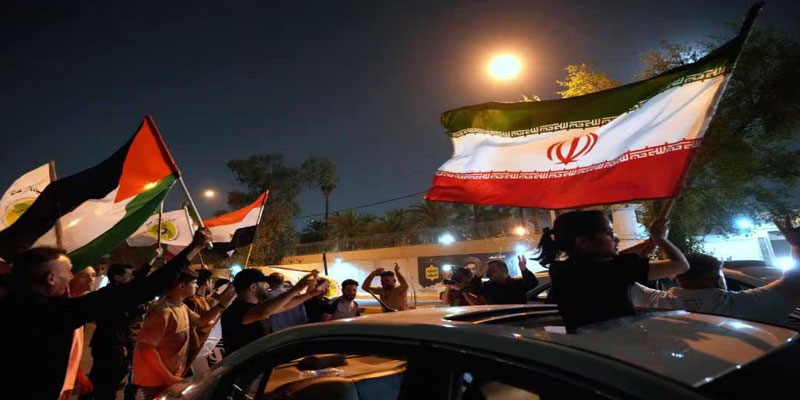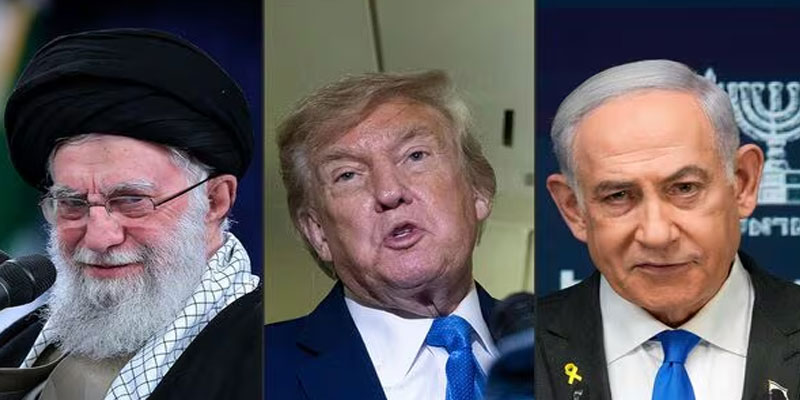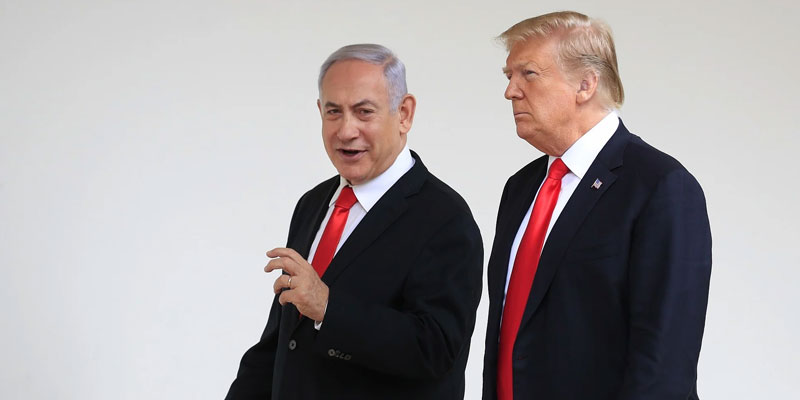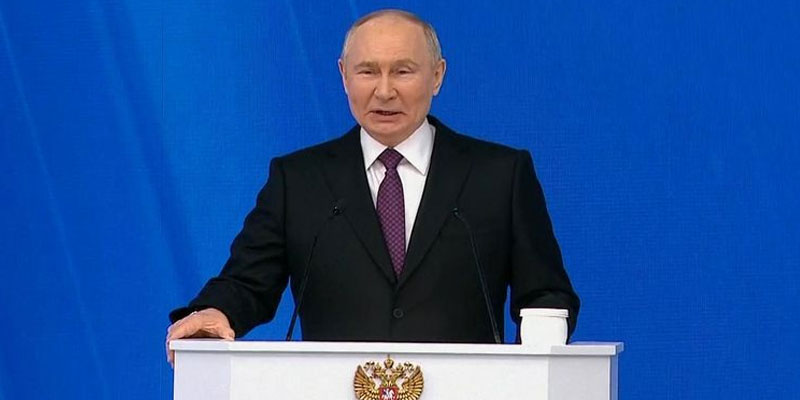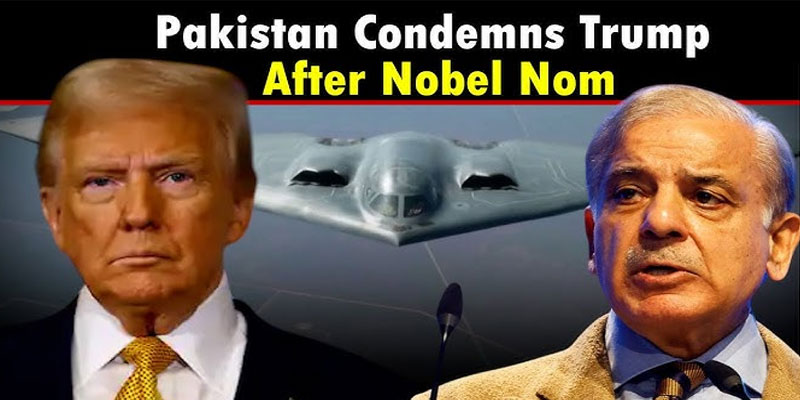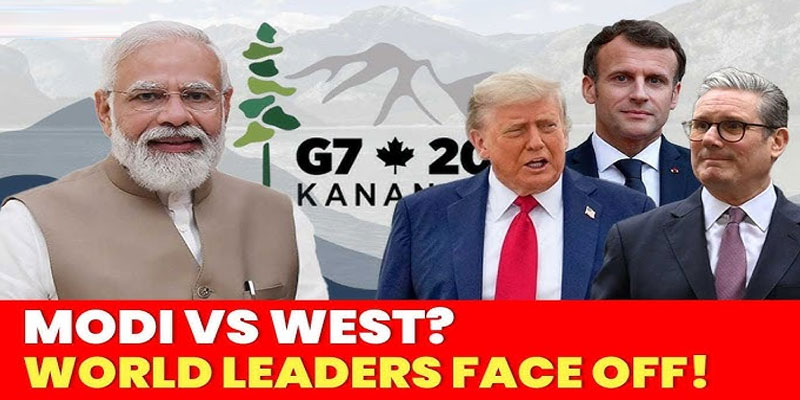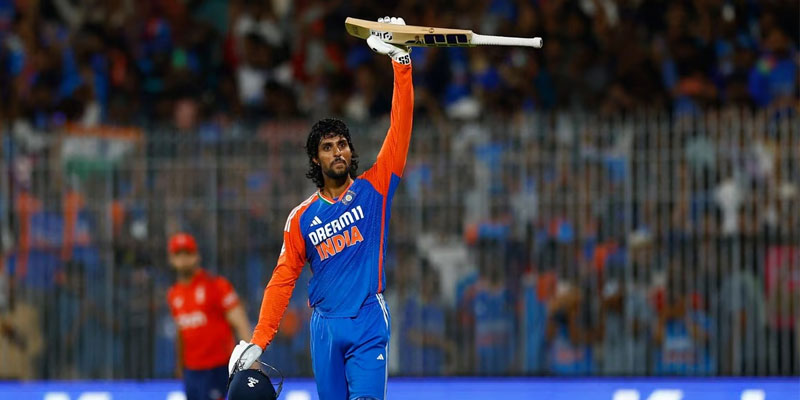The International Monetary Fund (IMF) is under intense scrutiny for its decision to approve a $1 billion loan to Pakistan under its Extended Fund Facility (EFF), bringing total disbursements under the program to $2.1 billion. The timing of this decision—days after a deadly terrorist attack in Pahalgam, Kashmir, and during heightened military tensions between India and Pakistan—has sparked fierce backlash from India and international observers. Critics argue the IMF is not only enabling financial mismanagement in Pakistan but potentially emboldening military overreach and cross-border terrorism.
Understanding the IMF and Its Bailout Mandate
The International Monetary Fund (IMF) was founded in 1944 to foster global economic stability, facilitate international trade, and provide financial support to nations in crisis. Its Extended Fund Facility (EFF) is specifically designed to aid countries in implementing long-term structural reforms aimed at correcting deep-rooted fiscal imbalances. In parallel, the Resilience and Sustainability Facility (RSF) supports countries vulnerable to climate-related shocks, with a focus on sustainability and resilience-building measures.
India’s Objection: A Matter of Security and Global Responsibility
India strongly abstained from the vote on Pakistan’s new disbursement, arguing that the IMF’s decision undermines global anti-terror efforts and rewards a country with a repeatedly poor economic track record. The Indian government pointed to the timing of the announcement—just after Pakistan-linked militants carried out a terrorist attack that killed 26 people, mostly tourists, in Kashmir—as especially troubling.
In a detailed statement, India noted:
“In the 35 years since 1989, Pakistan has received IMF disbursements in 28 of them. Since 2019 alone, it has secured four IMF programmes. If the earlier efforts had succeeded, Pakistan wouldn’t require repeated bailouts.”
India also flagged concerns that the Pakistani military continues to dominate economic policymaking through vehicles like the Special Investment Facilitation Council (SIFC), giving the army control over major investments and fiscal decisions. This, India warned, risks diverting international funds to military ends and not to economic reform or civilian welfare.
Criticism Mounts Over IMF’s Credibility
India isn’t alone in its criticism. International observers, financial analysts, and civil society groups have raised red flags about the effectiveness and ethics of the IMF’s Pakistan strategy. Critics argue the Fund is propping up a military-dominated economy without demanding meaningful political and institutional reform.
Moreover, the decision to clear an additional $1.4 billion under the Resilience and Sustainability Facility (RSF)—ostensibly to help Pakistan tackle climate-related vulnerabilities—has also been questioned. Analysts note that climate resilience in Pakistan is unlikely to improve unless there is systemic reform, improved governance, and civilian-led planning.
Pakistan’s Troubled History with IMF Assistance
Pakistan has been one of the most frequent borrowers from the IMF. Since joining the Fund in 1950, it has received 24 bailout packages, many of which ended prematurely due to non-compliance with reforms. Despite this long history of financial assistance, Pakistan continues to suffer from chronic macroeconomic instability, including ballooning debt, poor tax collection, high inflation, and an over-reliance on external aid.
The persistent failure to meet reform benchmarks has raised concerns about whether IMF disbursements are genuinely driving economic restructuring or simply delaying inevitable crises. As India emphasized, if Pakistan had implemented reforms as required, the current bailout wouldn't be necessary.
A Test for IMF’s Credibility and Accountability
The IMF’s decision to extend further funding to Pakistan at a time of escalating Indo-Pak tensions and recent terror attacks has opened up a critical debate on the institution’s priorities and oversight mechanisms. While the goal of financial stability is commendable, the lack of transparency and enforcement in high-risk political environments like Pakistan risks undermining the IMF’s credibility and global standing.
India’s abstention underscores a broader demand from donor nations: financial aid must be tied to real reform, accountability, and peacebuilding—not exploited by regimes that blur the line between civilian governance and military control. Moving forward, the IMF must revisit its due diligence processes and ask whether its support is building economies—or enabling instability.

Geo Politics




